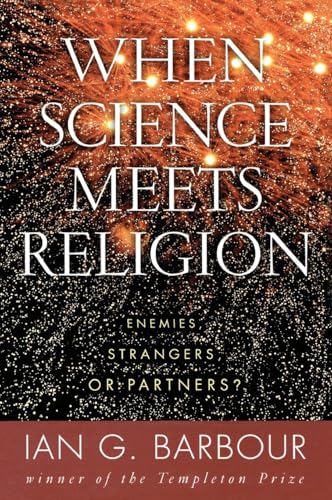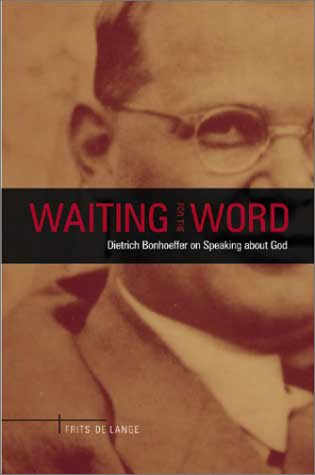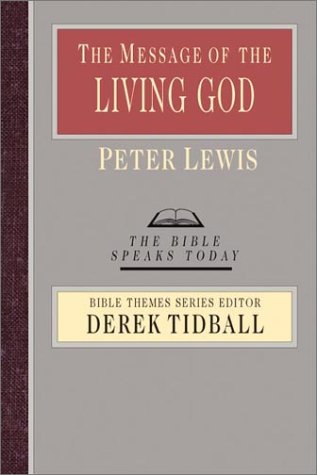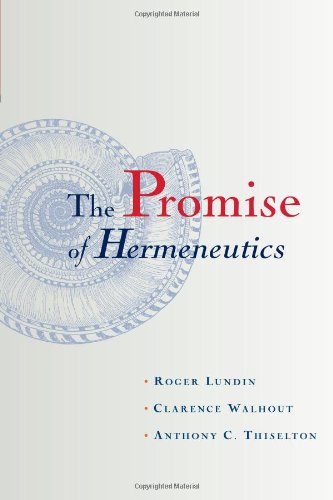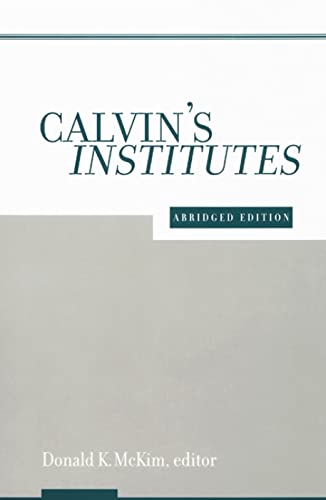If a choice had to made of the two greatest Protestant theologians of the twentieth century there can be little doubt that most experts in the field would chose Karl Barth and alongside him Paul Tillich.
As Stanley Grenz and Roger Olson note in their book 20th Century Theology:
Tillich’s theological contribution is comparable to Barth’s in terms of overall influence and impact, although it is quite opposite in terms of approach. Like Barth he produced a massive system of theology that influenced an entire generation of Christian thinkers and was granted the notice and acclaim of secular society as well. Unlike Barth, he strove for positive correlation, if not synthesis, between modern secular philosophy and Christian theology. (114)
Although Tillich was influential and acclaimed both inside and outside the church his attempt to build a theology on the basis of a correlation between the questions raised by contemporary culture and the answers given by the Christian faith was, and remains, highly controversial. Those who favour his approach feel that he provides a model of how to undertake apologetics effectively by building bridges between Christian theology and the needs and concerns or contemporary men and women. Those who disapprove feel, however, that apologetic concerns led to Tillich to distort Christian theology to the extent that it no longer bore any resemblance to traditional orthodoxy or biblical truth. Some even went so far as to accuse him of being an atheist.
In considering a theologian so complex and so deeply controversial as Tillich a reliable guide is highly desirable, and John Heywood Thomas, who was a friend and student of Tillich. provides just such a guide in his contribution to the Outstanding Christian Thinkers Series.
He begins his guide with an opening chapter on Tillich’s life and career. This is then followed by two chapters on Tillich’s theological method, which are in turn followed by five chapters which look at his teaching on God, human existence, Christology, salvation and the church. The book concludes with two chapters which look at Tillich’s understanding of history: what Professor Heywood Thomas calls the ‘global character’ of Tillich’s thought as expressed in; his appreciation of philosophy: his political thought; his view of the relationship between Christianity and the world’s other religions; and his possible contribution to a theological approach to ecology.
Throughout his book Professor Heywood Thomas both expounds Tilllich’s thought and critiques it, explaining what Tillich was attempting to say and why; and exploring the strengths and weaknesses of Tillich’s approach. Those who already have a reasonable grasp of the overall shape of Tillich’s thought will find this study extremely useful both in stimulating them to think afresh about Tillich’s theology and in helping them to asses it critically.
However, the complexity of Professor Heywood Thomas’ own style will make his book hard going for the beginner, and evangelicals in particular will feel frustrated that his critique of Tillich focuses on issues of philosophical theology rather than the adequacy of Tillich’s thought as an interpretation of Biblical teaching. Those wishing for an introductory account from an evangelical perspective might find it more helpful to begin with the account of Tillich in the volume by Grenz and Olson which was referred to at the beginning of this review.
Martin Davie
Ware



